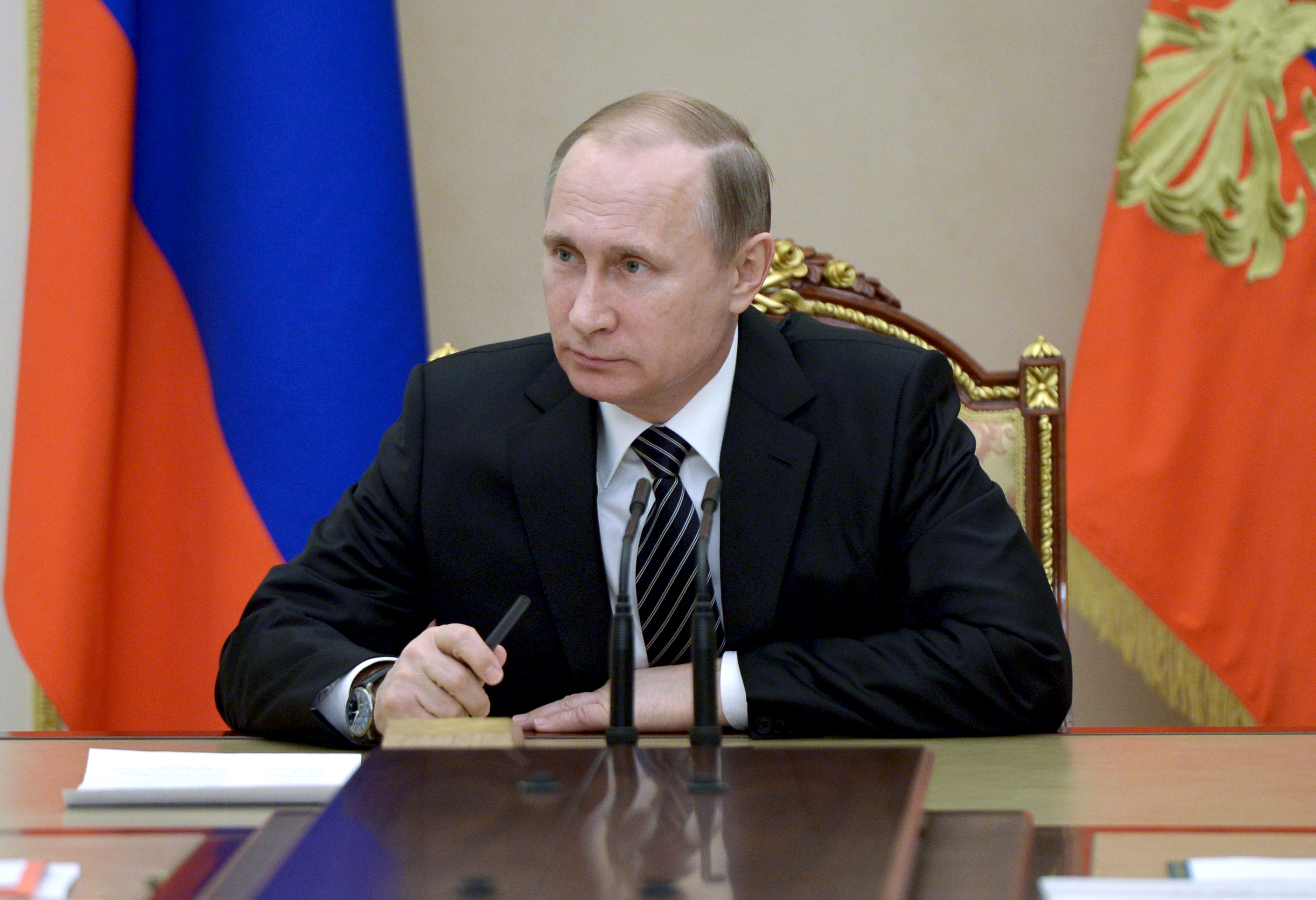A new Iron Curtain?
Problems linger on in the relations with the East-European giant, notably in the light of its expansionist ambitions towards bordering countries and the war on Ukraine. Political – rather than cultural and religious – criteria should be used to gauge the relations between the EU and the euro-Asian country. Peace and mutual respect are inalienable pillars.

Conflicts in the Middle East, especially the refugee crisis, coupled by the terrorist and security emergencies, have deflected European citizens’ attention from another conflict with a huge risk potential. Although it has not yet hit front-page news, the Ukrainian crisis is an underlying theme owing to Russia’s role in the conflict. Relations with Russia remain a crucial problem for the EU, impacting also foreign affairs. It is no coincidence that the leaders of nationalistic political parties and movements in Western Europe take pride in voicing their support and admiration for Russian president Vladimir Putin, criticizing those EU leaders who intend to challenge Russia’s ambition and politics. This attitude can be easily explained with the formers’ attraction for the “strong man”, namely, the great leader guarantor of security and social order, who does what needs to be done without being hindered by petty bourgeois concerns. According to Putin’s supporters, Western society is to be held accountable – inter alia – for the fact that after a promising period of cooperation in the first ten years after the fall of the Iron Curtain Putin’s Russia backed out, and since then relations with that Country have become increasingly difficult. According to this interpretation Russia feels it is being attacked by EU and NATO’s enlargement towards the east, as well as by the free trade agreement between the EU and Ukraine. Consequently, the “Russian soul” was trampled over also by Western political leaders who showed no respect and failed to recognize Russia as a world power. From a Western perspective such accusations are marked by the same paranoia that led Russia to crush national civil society and force public opinion to conform to a single mode of thought. Even a number of a-political citizens of good will are open to make concessions to Russia’s aggressiveness, violation of international law, and threatening behaviors that risk jeopardizing European peace. They demand to leave a seat for Russia in Europe, for – they argue – Europe’s unity cannot be achieved without Russia. This widespread attitude can be explained with security concerns, motivated by a possible confrontation with this cumbersome neighbor and by fears of a drop in trade flows as a result of the interruption of economic relations. As a matter of fact in all debates on Europe’s development and future there are those who argue in favor of Russia as a European country, claiming that the Russian people share the same Christian roots, values and cultural foundations of EU member Countries. Moreover,
The need for good, peaceful and friendly relations between Russia and the EU are desirable from every point of view
Active cooperation would ensure mutual security and both parties could draw economic, cultural, and political advantages. The EU is open to dialogue. However, for Western democracies Russia’s aggressive policies enacted by Putin – i.e. the annexation of Crimea in full violation of international law that escalated into the outbreak of armed conflict with Ukraine – cannot remain a hanging question. It would be like permitting the aggressor to undertake similar initiatives to the expense of its neighbors with no holds barred. It should be remembered that Russia attacked – and partly occupied – Georgia before its military action against Crimea. Until Crimea is annexed and the Russian aggression against Ukraine continues, it will be impossible to envisage the establishment of positive, long-standing relations with Russia. The minimum requirement is the respect of the Minsk Protocols of 2014 and 2015, and the end to war in eastern Ukraine. From the onset the EU excluded resorting to military intervention as a mode of confrontation. It intends to reach the goal of putting and end to the conflict and possibly reinstating the rule of the Law through the tools of diplomacy. Pressure can be exerted only via economic sanctions, whose impact however is slow, with repercussions also on Community economy. In the light of this situation Russia’s adhesion to the EU is not a viable option. In the present context any reference to cultural affinities and to the common historical roots of Christianity is absurd. Culture and politics are separate realms regardless of mutual influences. Mixing the facts and problems pertaining specifically to these two realms to make a political statement is implausible. Political agreement – and not cultural affinity – is critical to EU adhesion. Moreover, if such an agreement – whereby Russia’s political system complied with EU requirements and with the respect for democratic and constitutional regulations – became possible in the near future, would Russia’s adhesion to the EU make sense? Is to be hoped for in any case? Looking at its huge expanse of land, which in its diversity is in itself a Union – in fact it’s a federation made of a large variety of nations, regions, and territories, each with its own traditions and institutions – such request should be rejected. Russia needs EU adhesion for no reason except to expand its empire. Europe would lose her identity, and ultimately her soul. But both Russia and Europe need peace as the underlying condition for fruitful cooperation.